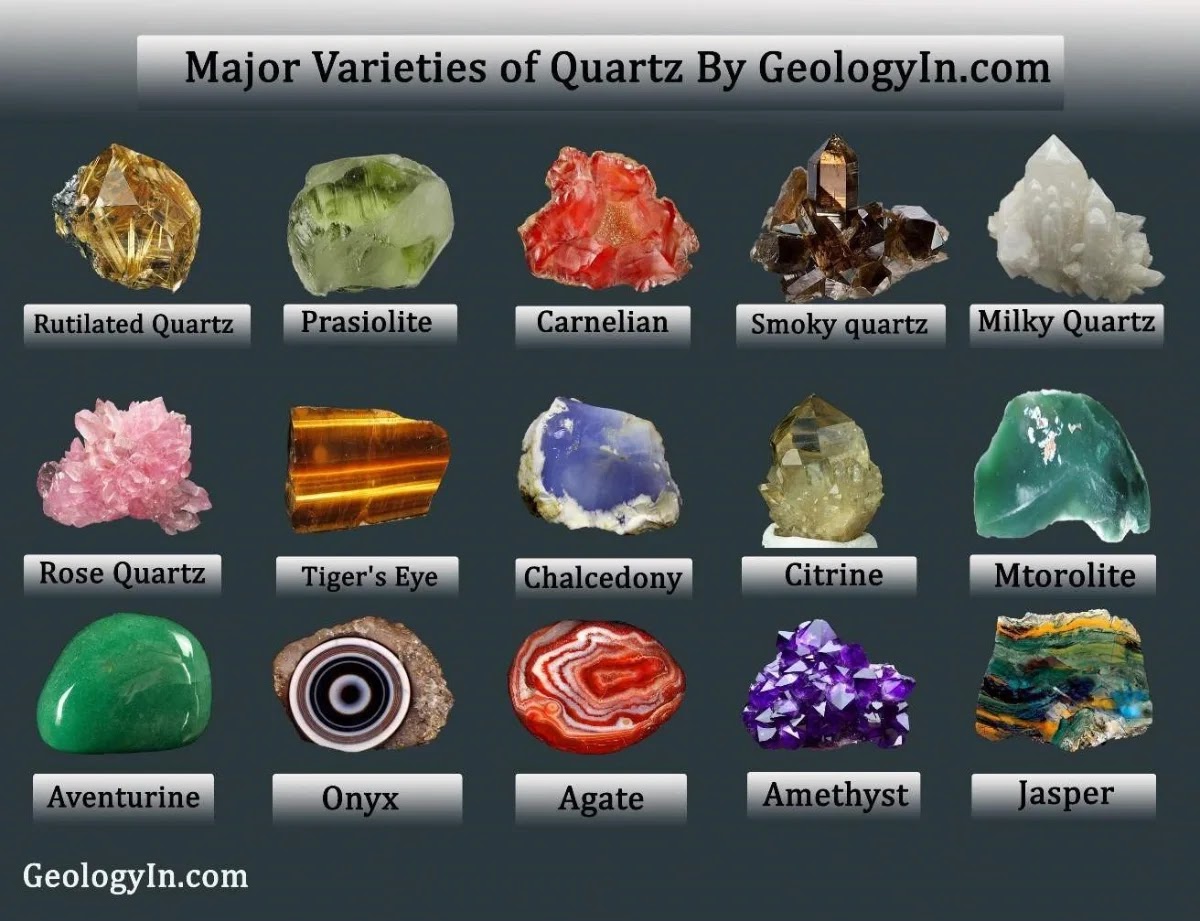Skills Are Essential to Be a Geologist
 |
| What Kind of Skills Are Essential to Be a Geologist? Greg Corbett, |
Geologists, or geoscientists, study the makeup of the physical earth and processes of growth and decay to learn about the past and make inferences about the future.
Observation
When you spend time out in the field collecting samples, mapping areas or charting the composition of particular sites, it’s essential to have a keen sense of observation. You must notice key features of the environment quickly and effectively and take in a lot of information as you survey sites and determine what samples are needed. Geologists need to do initial surveys, and, based on findings, determine a plan of action for further investigation. What you initially notice is very important, because determines whether sites are examined further and what resources are devoted to those further studies.
Analysis
Geologists make meaningful analyses of findings. To perform an effective analysis, you need to have a solid background in several interlocking disciplines, such as math, physics and biology. Geologists formulate questions on the basis of scientific method and do experimentation and investigation to find answers. After you identify key features of a particular site or experiment, you then must determine what your findings mean in a broader sense. In other words, you need to understand what the results of experiments mean for the field as a whole and how they apply practically to future endeavors.
Equipment
Many geologists spend far more time in the lab than out in the field. Sometimes, samples and data collected from a particular site needs to be researched, observed and experimented with for many years. Since geology is a lab-oriented discipline, you need to have an intimate understanding and a highly developed craft when it comes to operating lab machinery, such as microscopes and advanced computer programs. In addition to having a thorough knowledge of how to use the equipment, you’ll also need to know how to maintain it and understand its inner workings and processes.
Applications
You’ll often need to complete grant applications and be prepared to work for a variety of clients with different agendas. Geologists often get funding from private companies, industry associations, research centers and government organizations so effective writing skills are tantamount to your success. Additionally, you need to develop your interpersonal and diplomacy skills because you will inevitably work with a variety of different clients with varying communication needs and styles. For example, you might contract with a petroleum company trying to weigh the costs and benefits of drilling in a particular location for one project while working with a government agency to determine how risky it is to build housing in a certain area to determine real estate regulations. Public speaking skills also are important so can effectively present your work to large association meetings to build and sustain your professional reputation.

%20(1).webp)






